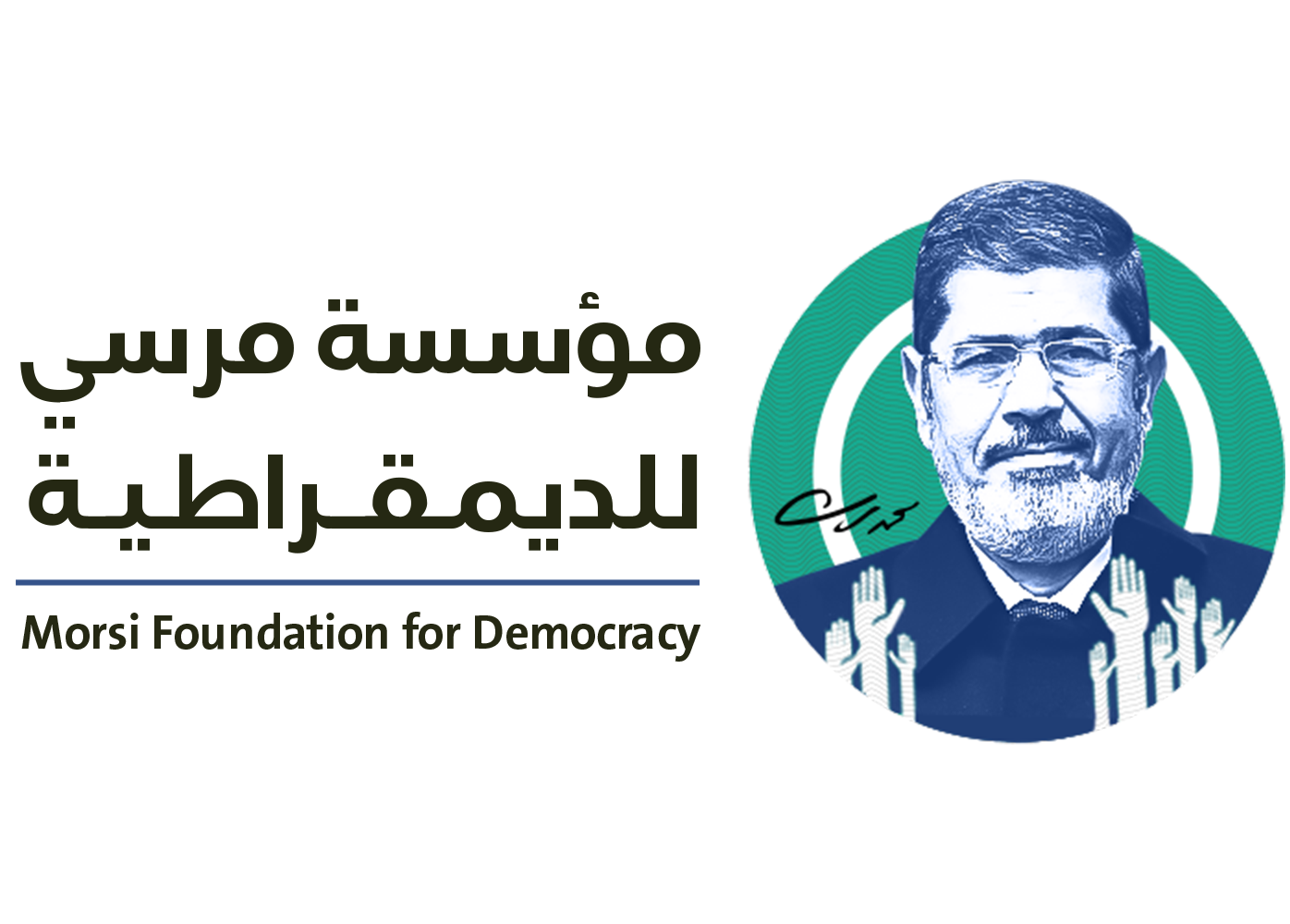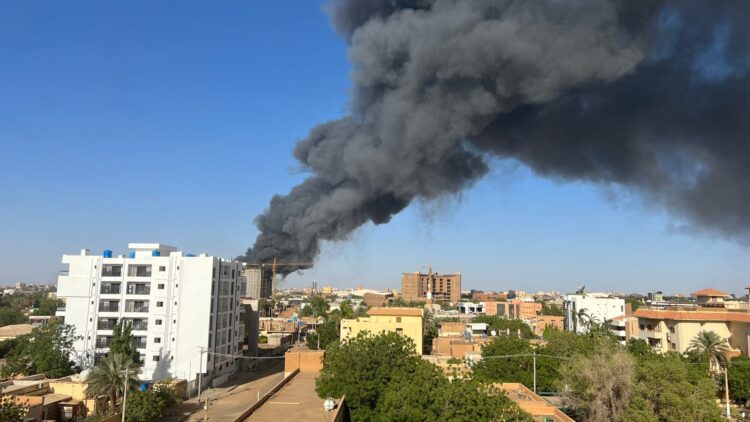In recent days, Sudan has witnessed an armed conflict between the army forces and the Rapid Support Forces. Each team raised arms against the other, accusing it of accusations and claims related to freedom and democracy. A number of Egyptian soldiers sent by Sisi to Sudan at the Marawi base were held captive by the Rapid Support Forces, which angered Egyptian people. In view of the situation of Al-Sisi and his positions that he shows in dealing with neighboring countries on regional issues, we find that there is a clear contradiction in the positions he takes. For example, we see him supporting the militias led by Haftar in Libya, and even considering them a national army, while he refuses to deal with the Libyan army recognized by the international community. In the Sudanese case, Al-Sisi equates the Sudanese army with the Rapid Support Forces militias that declared their rebellion against the army and took military action against it. Al-Sisi only hopes for an end to the fighting, and calls for dialogue between the two conflicting parties. Despite the fall of a martyr and the presence of Egyptian prisoners with the Rapid Support Forces in Sudan, unlike the situation in Libya, Sisi supports Haftar’s militia militarily and politically against the Libyan government. Even Foreign Minister Sameh Shoukry withdrew from a meeting of the Council of Arab Foreign Ministers just because the Libyan Foreign Minister was present, while in Sudan only calls for dialogue between the two parties to the conflict. Two days before the outbreak of the war, Mohammed bin Zayed visited Egypt on a surprise visit that had not been announced before, and it was the subject of great controversy, which later revealed that it was about brotherly Sudan because the UAE stands firmly behind the Rapid Support Forces, and wanted to urge Sisi to support its ally, or in Minimum take a neutral stance. The Egyptian role on the international level has declined, and we no longer have any influence on major issues in our region, let alone in the world. One of the most important reasons that led to this is the military coup that took place in 2013, in which the army seized power and overthrew the first elected civilian president. This is evidenced by the contact of the US Secretary of State with the Saudi and Emirati foreign ministers to discuss developments in the current situation in Sudan, Saudi Arabia and the UAE do not have any land or sea borders with Sudan, while Egypt – the first neighbor – for which Sudan is a strategic depth, and what is happening in it affects positively or negatively on Egyptian national security, no one contacted it and its name was not originally presented as one of the keys to the solution In the current Sudanese crisis. The role of Egypt has dwarfed, and, unfortunately, it was completely absent in many international issues – which it was entrusted with resolving until recently – in August 2019, Egypt was absent from the internal arena of Sudan, while Ethiopia took the lead in mediating between the military council and the forces of freedom and change, and the political agreement was signed With full Ethiopian sponsorship and the complete absence of Egypt, in addition to the agreement that was signed in December 2022 under the auspices of the “international quartet” that includes Saudi Arabia, the United States, the United Arab Emirates and Britain, in a continuation of the absence and disregard for the Egyptian role, which resulted in the failure of any major country to contact Egypt and know its position. , and asking her to intervene to end this crisis. The region is now witnessing major changes in terms of influence and action, and there is no doubt that Israel is in the depth of these changes, after it was able to make major breakthroughs in normalization with Arab and Gulf countries. Perhaps what Sudan is witnessing now is evidence of the growing Israeli role in the region, as it presents itself As a mediator between the army and the Rapid Support Forces, by virtue of its friendship with the two fighting generals. For decades, the Egyptian role remained the “pillars of balance” in the region, and the solution to all the issues of neighboring countries was in Cairo, due to the position that Egypt occupied until Sisi brought about this bloody coup. Gulf countries weakened its position before its economy, and Egypt disappeared internally before its sun set externally, as it became clear that those who are in charge of the country do not understand the language of reconciliation as much as they improve coups, betrayals and conflicts.
Sudan.. everyone attended and Egypt was absent
© 2020 جميع الحقوق محفوظة لمؤسسة مرسي الدمقراطية.



